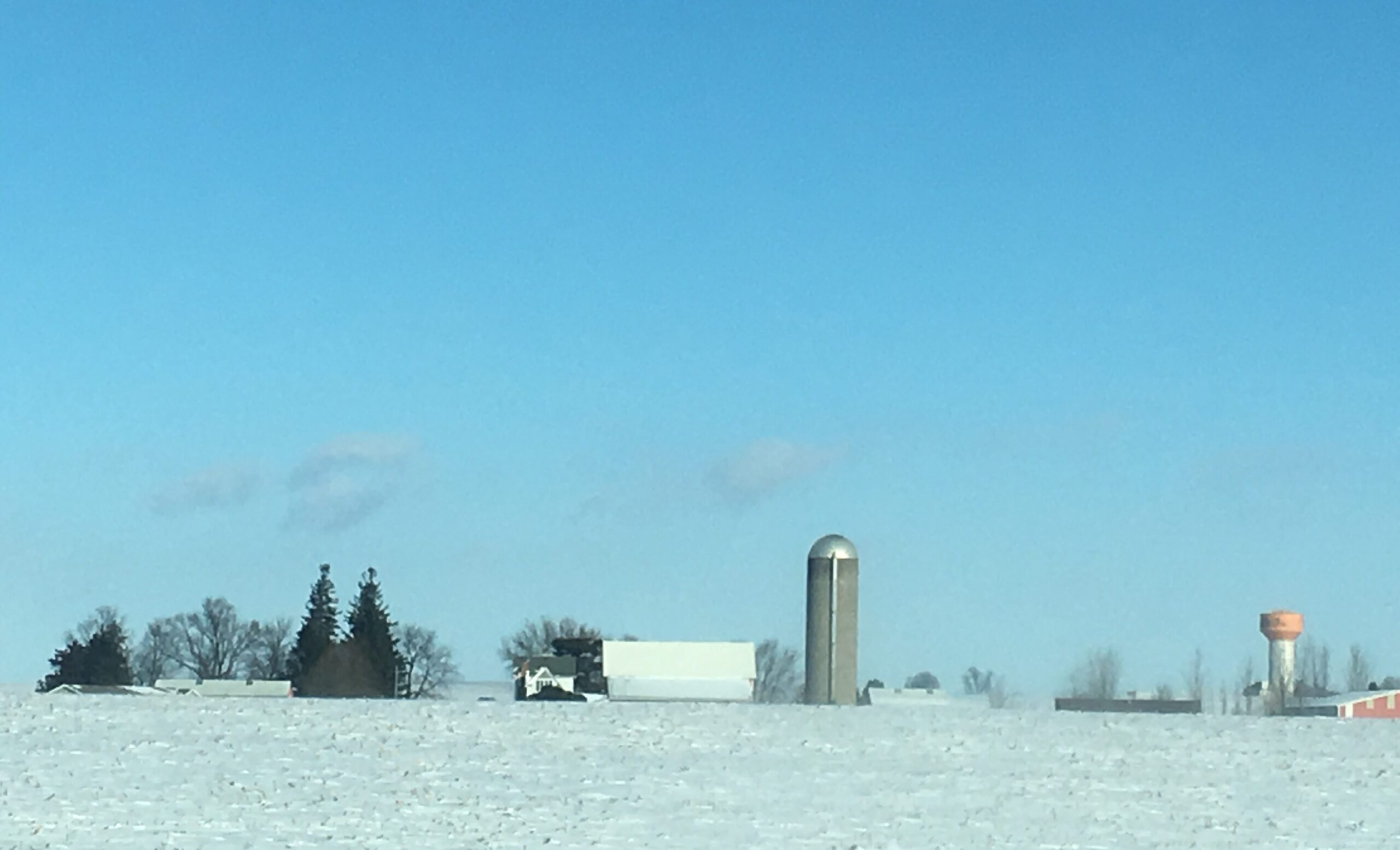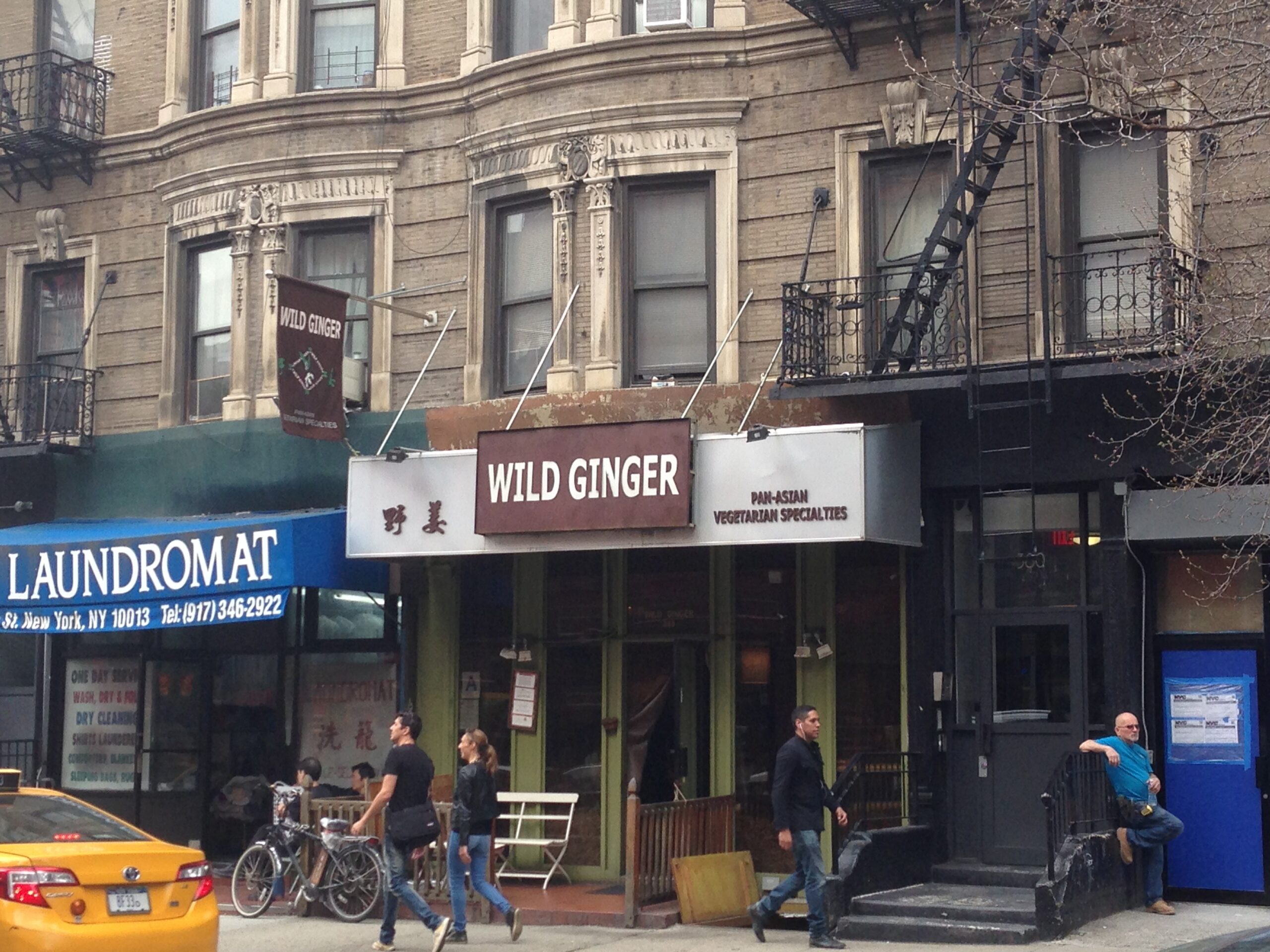Sustainability & Ethnography in Business Series, Mike Youngblood, Editor
Place making offers us a largely untraveled pathway to thinking about sustainability. These two relatively high order concepts—’place making’ and ‘sustainability’—are conventionally located in separate domains of knowledge and ways of knowing. Place making is essentially the fluid filling in of geographic spaces with experience, social value, and meaning. It’s the kind of thing that cultural geographers, anthropologists, and historians are likely to ponder.
Sustainability is harder to corral. Leaving questions of perspective and authority aside for a moment, what are “we” trying to sustain? Species? The ecosystems in which such species thrive? Or the natural places—those culturally mediated spaces (forests, rivers, bays, coral reefs)—in which such “systems” are embedded? How about places at further remove from “nature” and the protective eye of naturalists and environmentalists—neighborhoods, family farms, landscapes? What about the social relationships that are embodied in those places? Or even more radically, the local spirit, manna and sacredness which, as Durkheim observed, stems from such social relationships? Should we really be thinking about building a deeper knowledge of that which sustains—namely our place making connections to the world?
Typically conservationists, policy makers and would be designers of sustainability approach these questions with political and economic incentives and disincentives aimed at shifting behavior. For example, they might ponder how to get anglers, commercial fishermen, retailers and consumers to do things (or not do things) to sustain local fisheries, or how to rework local grazing patterns on federal land in Wyoming, or how to leverage the local knowledge of indigenous people to protect the rain forest in Cameroon, or how to keep locally rooted businesses and affordable housing in the gentrifying neighborhoods in Brooklyn. Underlying all these projects are complex and often contentious relationships to place.
Thinking about sustainability pragmatically, it seems flatly unproductive to separate social sustainability from classical views of environmental sustainability. In truth, humans (that is, peoples) have always had dynamic and historically unstable relationships to the environments (that is, places) they inhabit. Places, then, seem to be the natural, “human” foci of sustainability. The challenge becomes one of expanding our collective visions and imaginings of what such places can be—that creative, intrinsically social activity of place making.
Connecting the Enormous to the Parochial
Sustainability is an enormous concept. At least potentially, it engages some kind of “environmental” politics, law, economics, geography, anthropology, history, and science. Backing out a little bit further, there is the enormity of the “environment” itself as a frame for human engagement— materially, technically, morally, imaginatively. Think of the Anthropocene, our post-Holocene epoch defined by the systematic changes to our planet brought about by human activity, as a recent (albeit controversial) construction along these lines.
So, how does one connect such enormity to the parochial framing (and spaces) of place? Clearly in the face of environmental threats—sunny day flooding in Miami Beach, the disappearing Colorado River system, winter wildfires in Oregon, or fracking induced earthquakes in Oklahoma, to name but a few—some such connections are pressed upon us. Should orange groves and almond trees continue to claim millions of acre-feet of water for irrigation under the legal precedent of prior appropriation? Should we care about what happens to the Pacific steelhead trout that spawn up the Los Angeles River? What happens to the iconic Western rancher when native grasses are strained by drought and overgrazing? And how do communities cope with rising insurance costs and plummeting real estate values for homes in new flood prone, wildfire prone, earthquake prone places?
Dilemmas such as these bring the enormous in contact with the tiny as our familiar place-bound connections to our worlds have been destabilized. Perhaps it is more accurate to say that the connections we draw between the tiny and the enormous are what’s being destabilized. Who would have dreamed of sunny day floods or vanishing rivers or weekly earthquakes or regularly smoky winter skies a decade or two ago? Maybe a few university-based climatologists. But knitting “environmental change” into our lived worlds is another thing entirely. Sustainability projects grounded in human experience, hence socially sustainable projects of sustainability, must begin by reimagining place-bound connections between the big and the small.
A Path to Action
And, in the most fundamental sense, this is what place making always involves—drawing connections between the tiny and the enormous, between here and there, between in and out. This idea is an important one for us. It points us to a way of knowing and with that a way of doing, a path to action. This is perhaps where cultural anthropologists can engage. We can ask and with help from people “on the ground” describe how places draw together and capture the spirit of something that is sustainable. We can help articulate what it is that places are “holding together” that give them value, meaning and vitality. These are important things to contemplate as we move ahead.
Practically speaking (and most always subjectively) we inhabit a world that is constantly churning, a world where boundaries shift, and transitions go unmarked. A world of multiple endings. Hence, a world of doubt. The ongoing destruction and remaking of place makes us all doubters, all searching for genuine cultural connections to place. Doubt and its attempted resolution are pervasive features of our cultural encounters with place, and that includes encounters with ourselves and others who are, after all, always in place, somewhere and somehow. I suppose this kind of captures what cultural geographers mean when they talk about the postmodern condition. Along with a shrinking world, or worlds (a la globalization), come those now familiar experiences of dislodgement, dislocation, disruption, and disorientation—all those “dis” prefixes that we associate with postmodernity and, as we see, environmental dislodgement, dislocation, disruption, and disorientation.
This is territory that we anthropologists are quite familiar with. We can lend a helping hand not only in understanding but in helping to craft place-based responses that are, to use a popular term, truly resilient. The particulars of such responses are contingent on the local. But more generally, we might be instrumental in helping “locals” (and that could include ourselves) to marshal the local spirit of place, its social meanings and values, in order to drive political and economic action on a wider stage. For example, fishermen could bring their knowledge of local waters to bear in sustaining local fisheries. Such stewardship could be combined with the culinary promotion and marketing of native species. Articulating and elevating the value embedded in “the local”-culinary, regional, place-bound- is now a well established form of anthropological marketing. But the broader work of helping communities to step up and assert their roles as stewards of place offers plenty of opportunity.
 Michael Donovan, a partner at Practica Group, llc has lived in Brooklyn “forever,” deeply ensconced in a (Brooklyn) life of food, music, kids, local schools, and long weekend bike rides. He has the good fortune to bring his skills and experience as an anthropologist to an incredibly diverse set of projects. He has a deep interest in social life, food, mobility, place, public policy, and fieldwork itself. When done creatively and with passion fieldwork takes us somewhere, to new and often unexpected territory. This analytic perspective, “on the edges,” is where Mike likes to be as a writer and consultant, taking a fresh look at the cultural spaces inhabited by categories, brands, products services, and institutions. He holds a PhD in Anthropology from New York University. His years of field research in Africa and teaching are ongoing sources of inspiration for life and work. mdonovan@practicagroup.com
Michael Donovan, a partner at Practica Group, llc has lived in Brooklyn “forever,” deeply ensconced in a (Brooklyn) life of food, music, kids, local schools, and long weekend bike rides. He has the good fortune to bring his skills and experience as an anthropologist to an incredibly diverse set of projects. He has a deep interest in social life, food, mobility, place, public policy, and fieldwork itself. When done creatively and with passion fieldwork takes us somewhere, to new and often unexpected territory. This analytic perspective, “on the edges,” is where Mike likes to be as a writer and consultant, taking a fresh look at the cultural spaces inhabited by categories, brands, products services, and institutions. He holds a PhD in Anthropology from New York University. His years of field research in Africa and teaching are ongoing sources of inspiration for life and work. mdonovan@practicagroup.com
Related
Sustainability and Ethnography in Business: Identifying Opportunity in Troubled Times, Mike Youngblood
Navigating Relativism and Globalism in Sustainability, Caroline Turnbull
The Luminosity of the Local, Michael Donovan
Place and Small Businesses: Reflections on Ethnographic Research in and on Place, Josh Kaplan



0 Comments